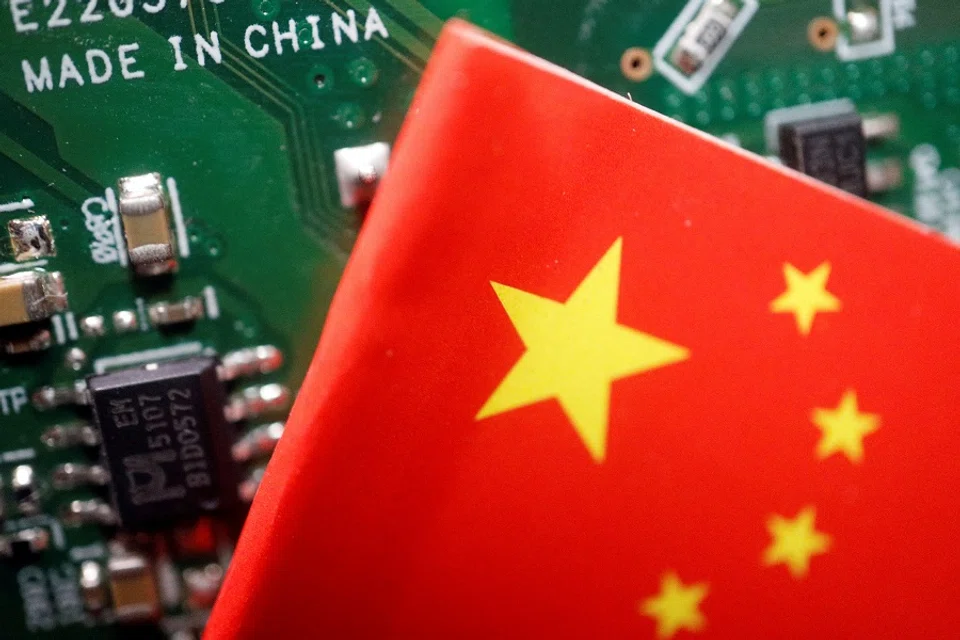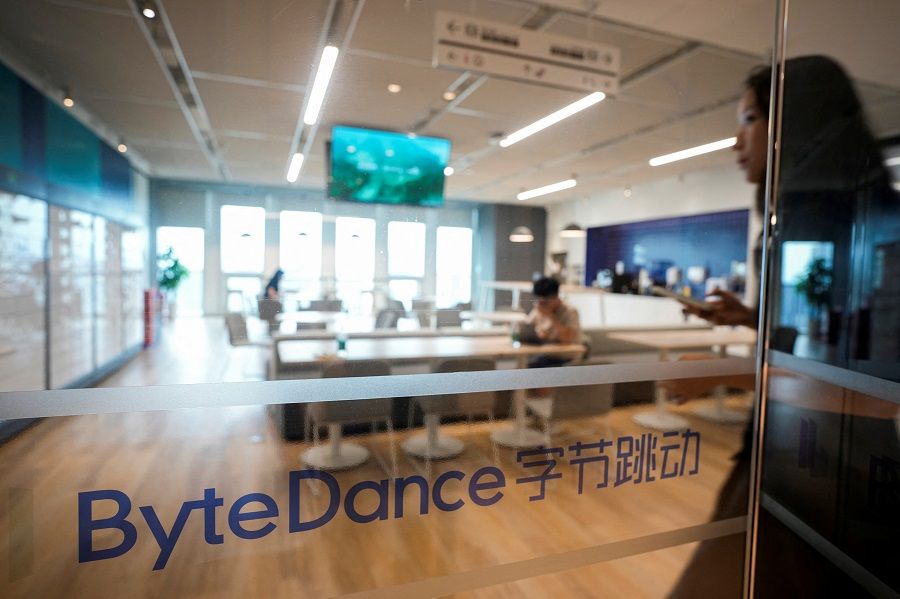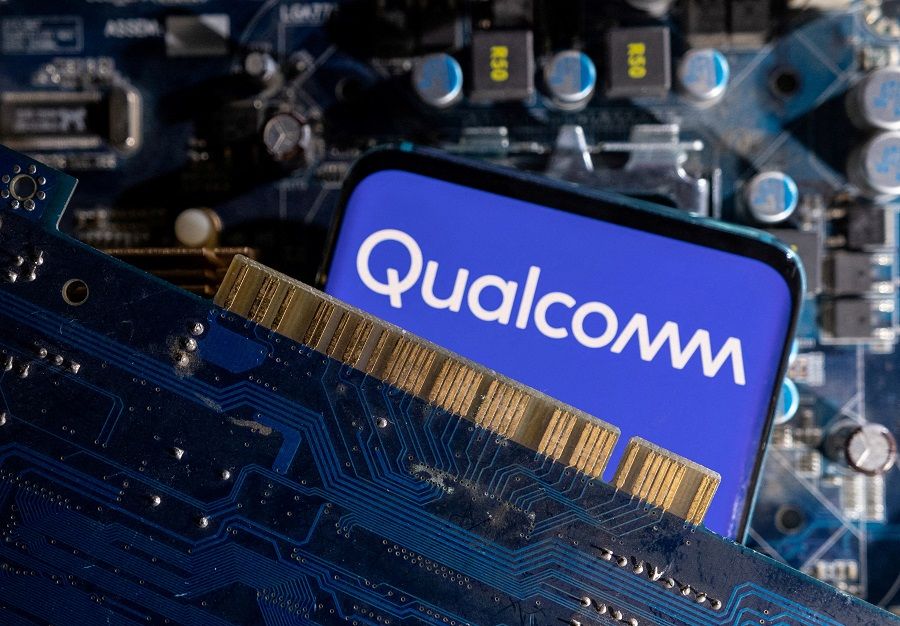Biden's tech investment ban: What's at stake for China?

On 9 August, US President Joe Biden signed an executive order for outbound investments to be reviewed, imposing restrictions on American entities looking to invest in the Chinese semiconductors and microelectronics, quantum information technologies, and AI sectors.
At the same time, American investors are also required to notify the US government of their Chinese investments that may have national security implications. The new restrictions will affect the development of Chinese tech companies in the above-mentioned areas, but the key concern here is access to American innovation prowess and not funding.
Chinese (tech) companies do not lack funding because the government has been supporting the development of its tech industry ardently by providing subsidies and government guidance funds. Even though foreign investment in China fell sharply this year, investment in its tech sector held firm.
For instance, Tokyo Electron Limited, the fourth biggest global supplier of semiconductor production, derived 39% of its revenue in the second quarter of 2023 from China, a rapid increase from 23% in 2022. This resulted from Chinese companies investing more heavily in semiconductor equipment for mature processes.
...the 9 August executive order greatly hinders the access of Chinese tech companies to the US's advanced and open innovation ecosystem.
Access to US innovation systems stymied
Through restricting American investments and tightening information regulation, the 9 August executive order greatly hinders the access of Chinese tech companies to the US's advanced and open innovation ecosystem.
Open innovation is a feature of today's tech industry and tech companies rarely carry out all their innovation work in-house. Instead, they collaborate with universities, research institutes, and other companies both within and outside the industry to innovate jointly so as to devise new products and technical applications. This ecosystem provides fertile grounds for cultivating new tech companies.

There are two types of American investors in the Chinese tech industry and both occupy key nodes in the global, open innovation ecosystem. The first group is the Chinese offshoots of top global venture capital firms like Sequoia and Susquehanna.
For example, Sequoia invests in renowned Chinese tech companies like Meituan, Pinduoduo, Wuxi AppTec, Bytedance, and Shein. Since 2017, Sequoia has invested in more than 900 companies with high growth potential from the Chinese tech, consumer, and healthcare industries. With its wide range of contacts and business networks around the world, Sequoia helps the companies it invests in to obtain management resources and crucial information on industry development. At the same time, it goes a step further and facilitates collaboration amongst these companies from different industries and backgrounds to achieve synergy and produce novel outcomes.
American investors will see a significant reduction in their investment returns and in the diversity of their innovation ecosystems.
The second group comprises investment funds managed by tech companies like Qualcomm and Intel. These companies possess key core technologies, and they often invest in start-ups to build an innovation ecosystem around their technical platforms.
Taking Qualcomm as an example, as a titan in the mobile communications sector, its Chinese investment focuses on 5G communications - integrating 5G into the four areas of AI, extended reality (XR), robots/autonomous vehicles, and the Internet of Things (IoT).
Other than providing funds, Qualcomm also uses its technical resources to build strategic partnerships with the companies it invests in. For instance, it partnered with Haomo.AI to develop the most powerful autonomous driving computational platform in the world which is now in mass production. As of the end of 2021, Qualcomm Ventures invested in more than 70 Chinese companies, with at least ten of them developing into unicorns.

The crux of the latest investment restrictions imposed by the US government is that it cuts Chinese companies in these sensitive sectors off from the innovation ecosystems of American investors. This is a lose-lose situation because Chinese companies now have much fewer opportunities to interact with the innovative elements in such ecosystems and obtain new technologies and other resources for innovation. On the other hand, American investors will see a significant reduction in their investment returns and in the diversity of their innovation ecosystems.
... the restrictions will push China to create and build up its innovation ecosystem.
Push for China to build up its own ecosystem
These restrictions will also force investment funds to spin off their Chinese operations. For instance, Sequoia recently announced plans to split its worldwide businesses into three independent firms, one of which focuses on China. The three companies will no longer invest in each other, nor will they share their investment profits.
Additionally, the restrictions will push China to create and build up its innovation ecosystem. As this ecosystem evolves, China will gradually establish its own technical standards and roadmaps in cutting-edge sectors like AI and semiconductors. In the end, the global tech industry may end up in a unique scenario of "one world, two systems" in its cutting edge and in its most sensitive sectors.
Related: China's new export controls on rare metals for chipmaking: Latest tit-for-tat in US-China tech war | Micron ban: Will there be a winner in the China-US chip war? | Tech war: The US's mimicking of Chinese policies is fundamentally flawed | How geopolitics will drastically change chip manufacturers' ecosystem | Can China's semiconductor industry survive under sanctions and the Chip 4 alliance?
